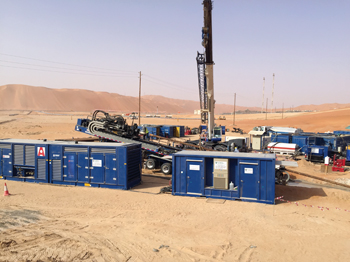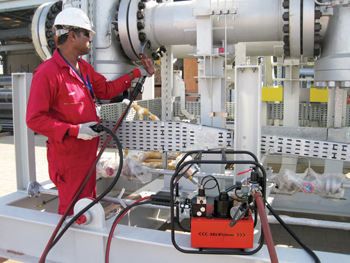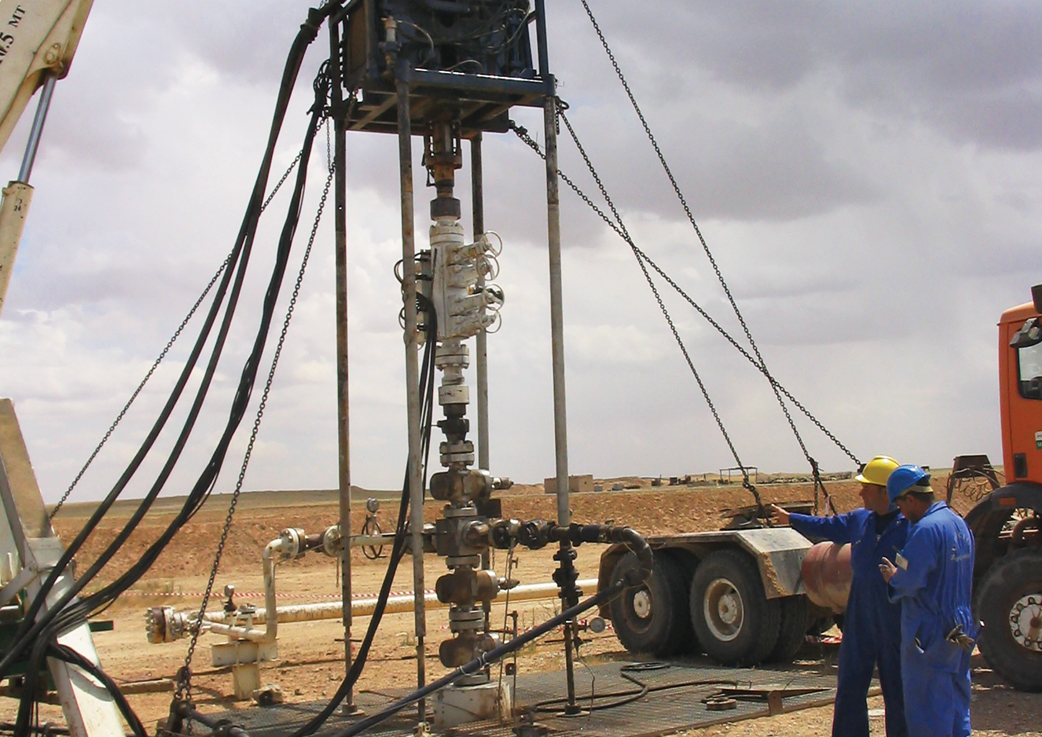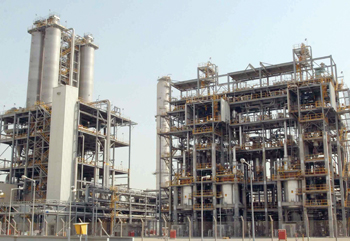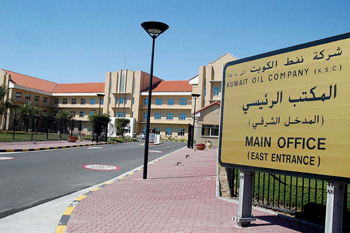
A consortium led by UK-listed oil services firm Petrofac has landed a $4 billion project in Kuwait that will lead to the production of 60,000 bpd of heavy crude oil from the Lower Fars development in the country’s north.
This is Petrofac’s tenth project in Kuwait to date and underscores the importance the 2.8 mbpd Opec producer holds in its overall portfolio.
The contract, which was awarded by state Kuwait Oil Co (KOC), covers a range of assignments and will take around four years to complete. The scope of work includes the installation and start-up of a central processing facility and the construction of a 162 km pipeline that will deliver the crude to the port of Ahmadi, where it can be either exported or pumped to a planned new refinery at Al Zour.
Petrofac’s partner in the project is Athens-based Consolidated Contractors Co (CCC), which is Palestinian owned and has decades of experience working in the Mideast Gulf. The two companies are working together in Oman, where they are implementing a $1.2 billion project awarded by BP at the beginning of last year to build a processing plant at its Khazzan gas field. This is the second major contract Petrofac has been awarded in Kuwait over the past 12 months.
Earlier last year, its joint venture with Korea’s Samsung and Dutch CB&I secured a $3.75 billion deal from Kuwait National Petroleum Co to build and upgrade installations at the Mina Abdullah and Shouaiba refineries that will maximise the production of clean fuels.
More recently, Petrofac was awarded a $700 million three-year contract by KOC to build an oil gathering centre around 70 km north of Kuwait City.
Despite securing other contracts in Oman and Iraq, where it is building new export facilities near Basrah on behalf of South Oil Co., the past few months have been very challenging ones for Petrofac and its chief executive, Ayman Asfari.
At the end of last year, the company’s share price plummeted when it warned of reduced net profits expected for 2015, which are set to be around $500 million, compared to some $600 million in 2014.
The main reason for the lower forecasts are tumbling oil prices, which have had a negative impact on the entire oil services sector.







































































